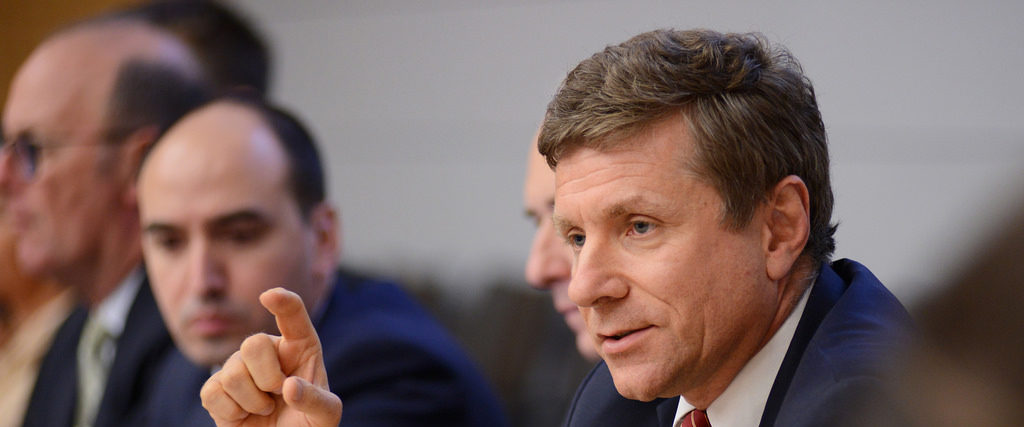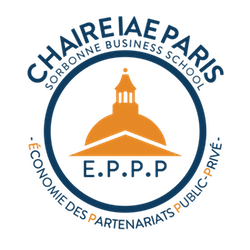May 6, 2019 – Alexander Galetovic on « Renegociations and corruption in infrastructure: the Odebrecht case »

Renegociations and corruption in infrastructure:
the Odebrecht case
by Alexander Galetovic – Universidad de los Andes (Santiago)
Date
Lundi 6 Mai
18h30 à 20h00
Lieu
IAE de Paris, Salle A3
Short bio : Alexander Galetovic is Professor of Economics at the Universidad de los Andes in Santiago, Chile.
ABSTRACT
In 2016, Brazilian construction firm Odebrecht was fined $2.6 billion by the US Department of Justice (DOJ). According to the plea agreement, between 2001 and 2016 Odebrecht paid $788 million in bribes in 10 Latin American and two African countries in more than 100 large projects. The DOJ estimated that bribe payments increased Odebrecht’s profits by $2.4 billion.
Judicial documents and press reports on the Odebrecht case reveal detailed information on the workings of corruption in the infrastructure sector. Based on these sources we establish five facts. First, for projects where Odebrecht paid bribes, renegotiations amounted to 71.3 percent of initial investment estimates, compared with 6.5 percent for projects where Odebrecht paid no bribes. Second, Odebrecht’s bribes were of the order of one percent of a project’s final investment. Third, the profits Odebrecht obtained from bribes as well as its overall profits were small, somewhere between 1 and 4 percent of its sales. Fourth, the creation of the Division of Structured Operations (DSO) by Odebrecht in 2006 led to major reductions in the firm’s costs of paying bribes and recipients’ costs of hiding the illegal proceeds. Fifth, following the creation of the DSO, Odebrecht’s sales increased more than three-fold while its profits remained small.
We build a model where firms compete for a project, anticipating a bilateral renegotiation at which their bargaining power is larger if they pay a bribe. Conditional on paying a bribe and cost dispersion among firms being small, firms’ profits are small in equilibrium. When one firm unilaterally innovates by reducing the cost of paying bribes, its market share increases substantially while profits, which are proportional both to the cost advantage and to the magnitude of bribes, remain small. A parametrization with the DOJ’s data suggests that Odebrecht enjoyed a substantial cost advantage in bribing, of the order of 70 percent.
